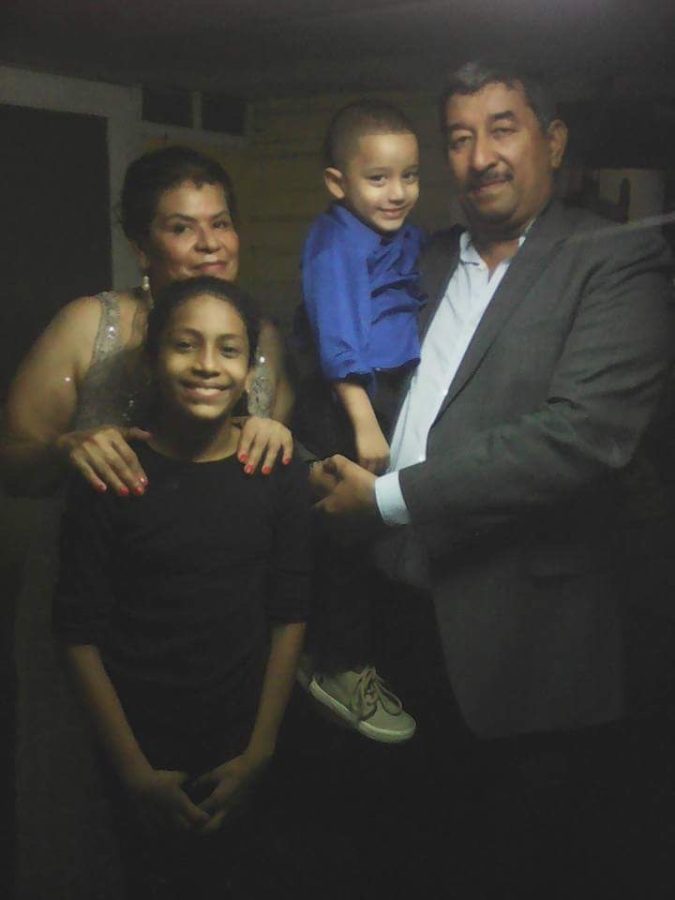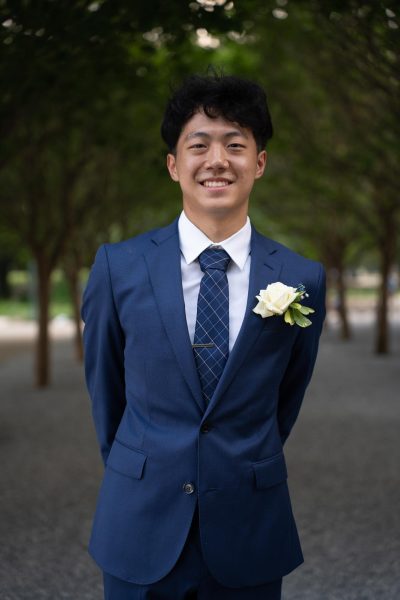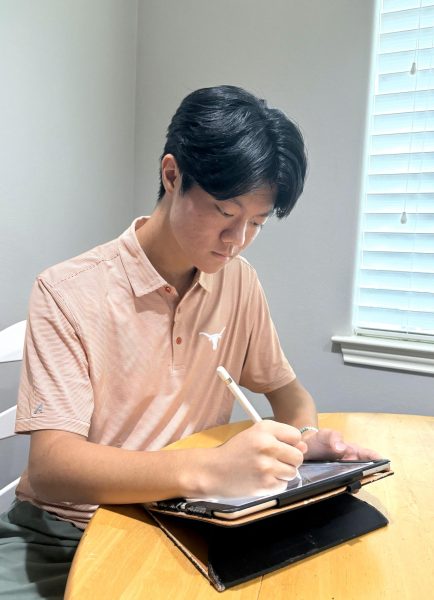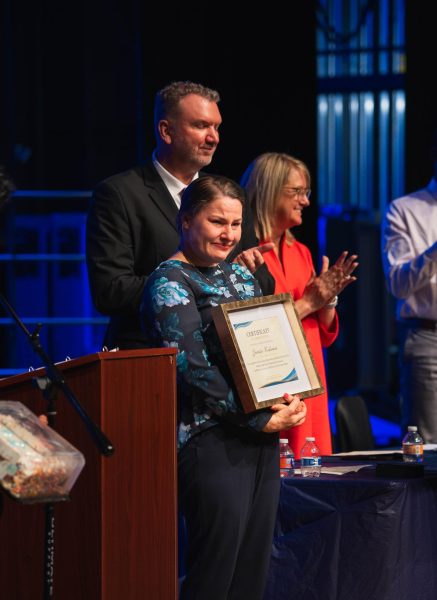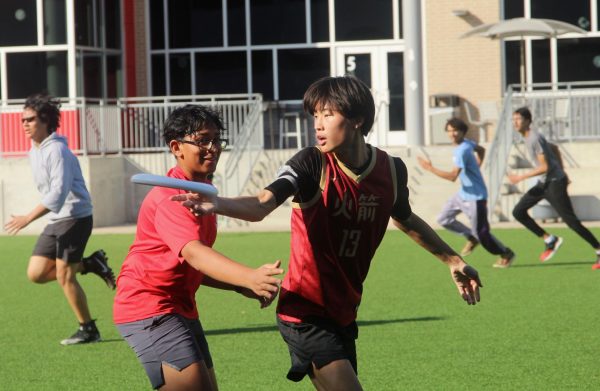‘Split in half’: Bilingual students open up about speaking two languages
Telma Lagos with her family in Honduras. Telma is at a Railroad Museum, standing with her Grandma, Grandpa, and little brother.
Hopping off the plane, he is immediately greeted with the opportunity to learn a new language.
Freshman Arvin Rahmatian is fluent in English and Farsi. After living in Canada up until he was 6 years old, he and his family moved to Iran.
“Growing up, I learned English first,” Rahmatian said. “It was a lot of back and forth because I learned Farsi when I moved to Iran, and I only spoke Farsi for the few months that I lived there.”
Although English is Rahmatian’s first language, he prefers speaking Farsi and tries to use it every chance he can get.
“Speaking Farsi is easier for me to connect with my parents and speaking it with them just helps me not forget it,” Rahmatian said. “I speak English a lot more because of school, but I still use Farsi all the time at home.”
Similarly, sophomore Telma Lagos speaks both English and Spanish on a day-to-day basis.
“Being bilingual is a privilege,” Lagos said. “Having the option to communicate in either language is something really special, and I use both languages daily at school and at home.”
Lagos said one benefit of being bilingual is being able to translate for others.
“It’s a pleasure for me knowing that I’m able to be a translator for some people in certain situations,” Lagos said. “It’s an honor to help others communicate and translate, and I think that’s the main advantage of being bilingual.”
Additionally, sophomore Sarah Saffar enjoys being able to help translate for non-English speakers.
“There are a lot of Muslim refugees at Bellaire who need someone to interpret for them,” Saffar said. “They’re in class doing their homework in English, learning from English-speaking teachers, but they have no idea what they’re saying. I think that they deserve someone to help them and speak to them in their language because it’s not fair.”
Saffar felt it was unjust that she was required to learn English instead of being permitted to use and preserve her native language, Arabic.
“I didn’t learn English until I was about nine, and I picked up English easily, I just didn’t want to learn it,” Saffar said. “At school, I thought, ‘Why should I have to learn your language?’ Eventually, I had to give in to understand what was going on in class.”
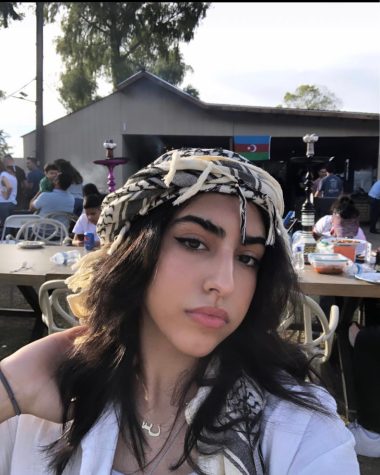
While being bilingual is beneficial academically, it poses the threat of language loss.
“My brain is kind of split in half,” Saffar said. “There’ll be times where I don’t know something in English, but I know it in Arabic or I don’t know something in Arabic, but I know it in English.”
Rahmatian agrees that knowing two languages can be difficult.
“Sometimes I get my languages mixed up,” Rahmatian said. “Because I hear Farsi at home and English at school, I’m constantly hearing or speaking both.”
Being bilingual also plays a role in culture.
“Knowing your family or culture’s language is very important,” Lagos said. “It’s culture, part of your identity. That’s why being bilingual is an honor.”
Saffar also said language is a significant factor in connecting to your roots.
“My brother barely knows how to speak Arabic, and I feel like that makes him like he’s not as close with his culture because he doesn’t even speak the language,” Saffar said. “At home, he hears us speak Arabic and at school, he’s not speaking it either, so I feel like he’s not as in touch with our culture.”
Lagos, Rahmatian and Saffar all appreciate the culture and heritage that bilingualism has brought them.
“Knowing more than one language is a beautiful thing,” Lagos said. “It connects you to your culture, and it’s overall very beneficial with helping out others.”
Your donation will support the student journalists of Bellaire High School. Your contribution will allow us to purchase equipment and cover our annual website hosting costs.


